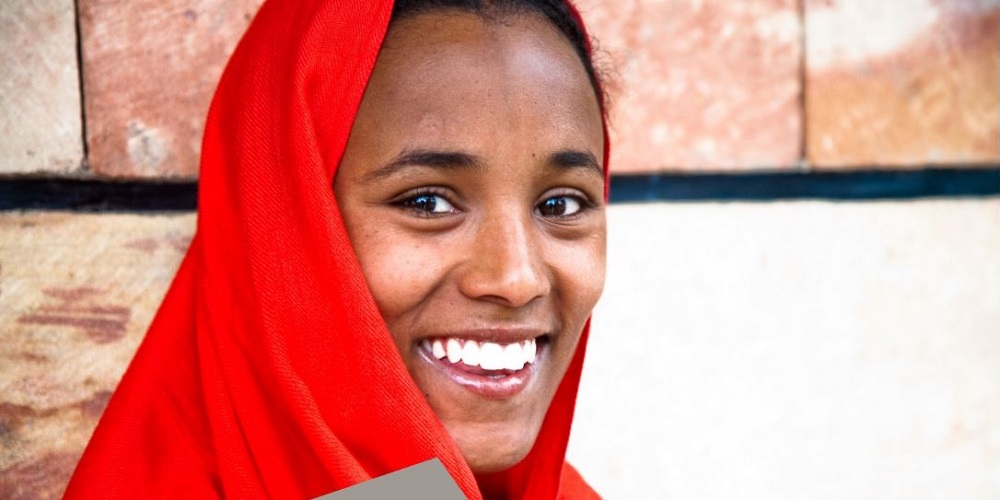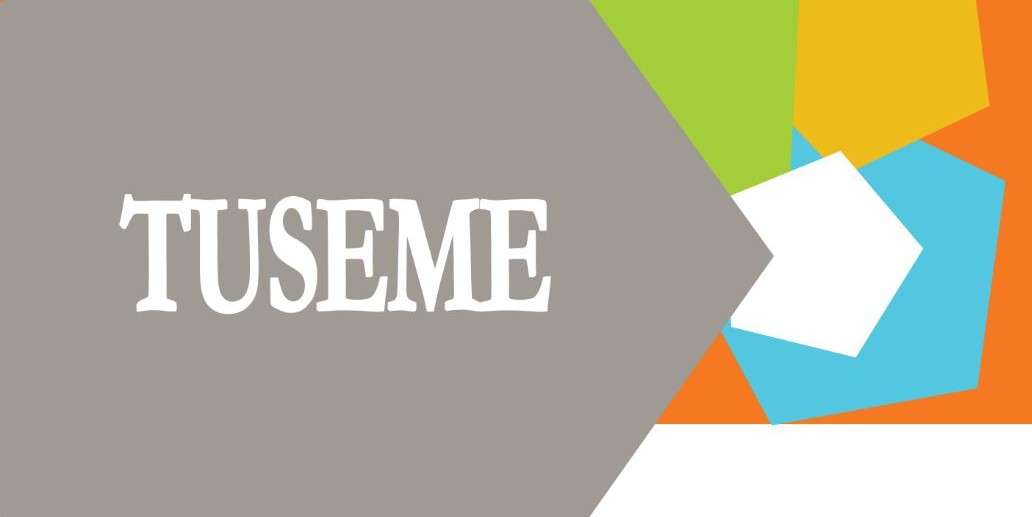Tuseme Youth Empowerment
Tuseme (‘Let Us Speak Out’in Kiswahili) enables female youth empowerment and gender awareness by enhancing girls’ self-esteem, leadership, social and life skills, and promotes a positive attitude amongst boys towards girls’ education.
In many African communities, girls are socialised to be submissive and unquestioning. This undermines their participation in the classroom and ultimately affects their performance in national examinations. However, when girls are empowered to speak up for themselves, they can overcome gender-based constraints, especially those imposed by cultural tradition.
FAWE believes that for meaningful transformation of gender relations, girls must participate in efforts to eliminate the discrimination and inequalities they face within their schools and communities. One of our flagship models is the innovative Tuseme [Let Us Speak Out] empowerment programme which uses theatre-for-development techniques to address concerns that hinder the social and academic development of girls. Tuseme trains girls to identify and understand the problems that affect them, articulate these problems and take action to solve them. Through drama, song and creative arts, girls learn negotiation skills, how to speak out, self-confidence, decision-making and leadership skills.
Tuseme was initiated at the University of Dar es Salaam, Tanzania, in 1996 and enhanced by FAWE with gender-in-education and life skills components. The model has been introduced in Burkina Faso, Chad, Ethiopia, The Gambia, Guinea, Kenya, Malawi, Mali, Mozambique, Namibia, Rwanda, Senegal, Tanzania, Zambia and Zimbabwe.
Over 80,000 students have benefited from FAWE’s Tuseme model since 1996
Impact of FAWE’s Tuseme model
- Improvement in girls’ self-esteem and in their leadership, social and life skills
- Teachers’ positive attitudinal change towards girls
- Significant reduction in sexual harassment





